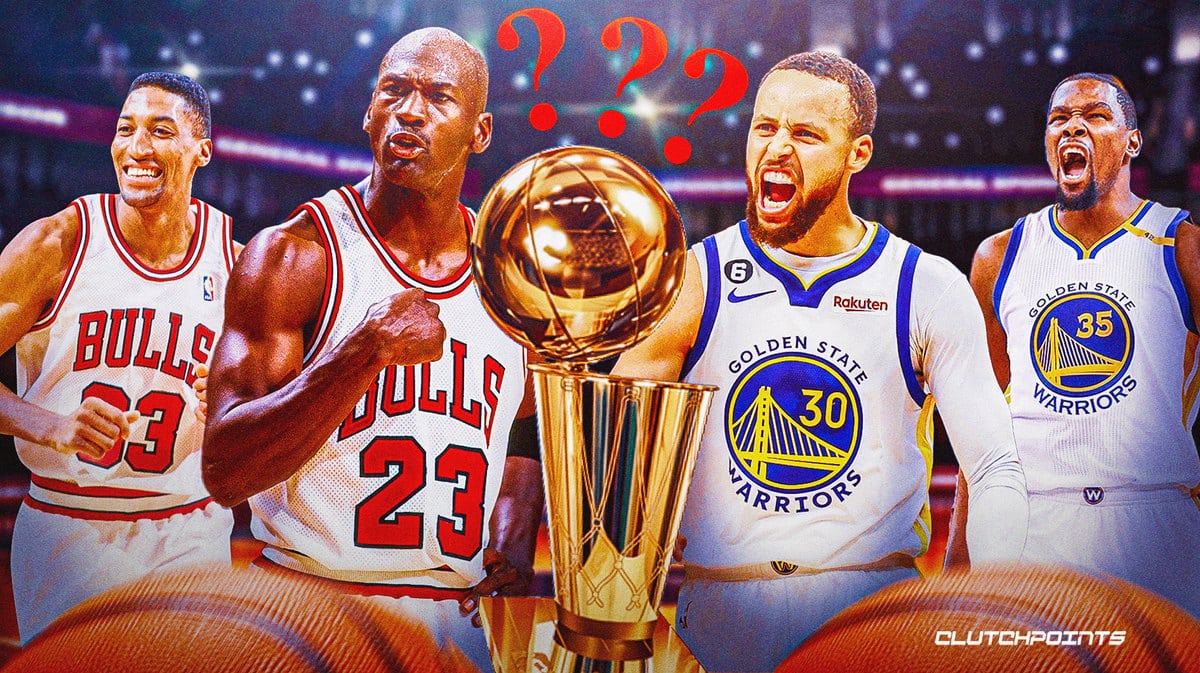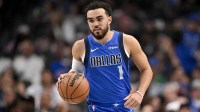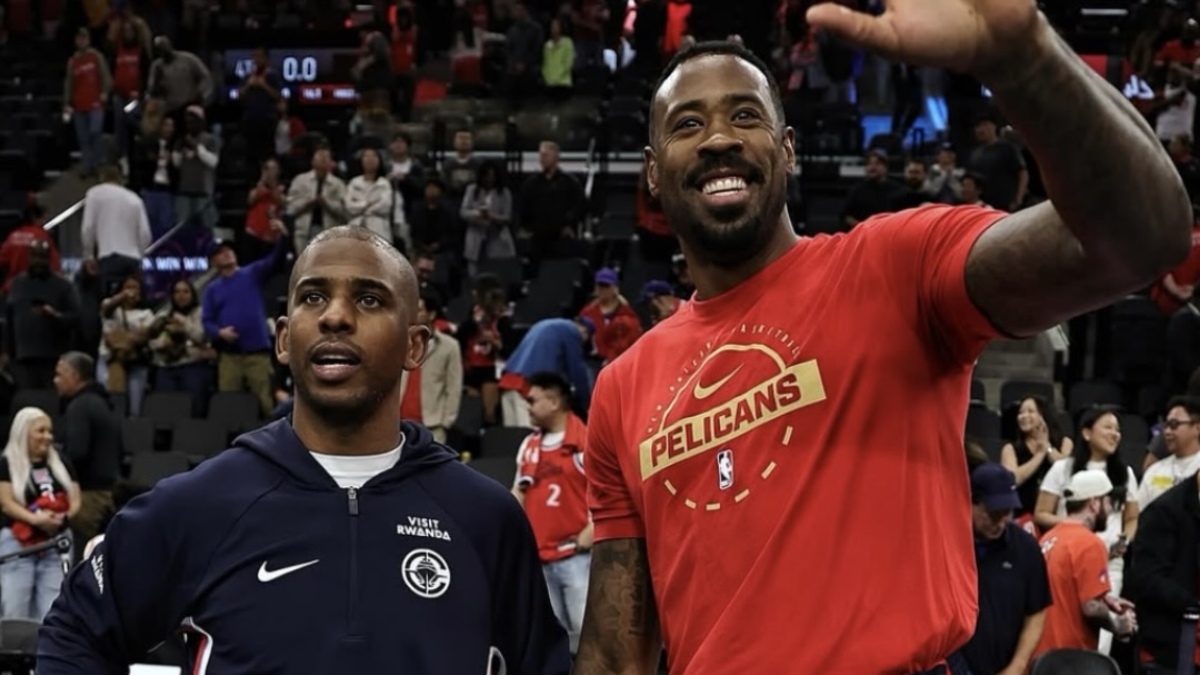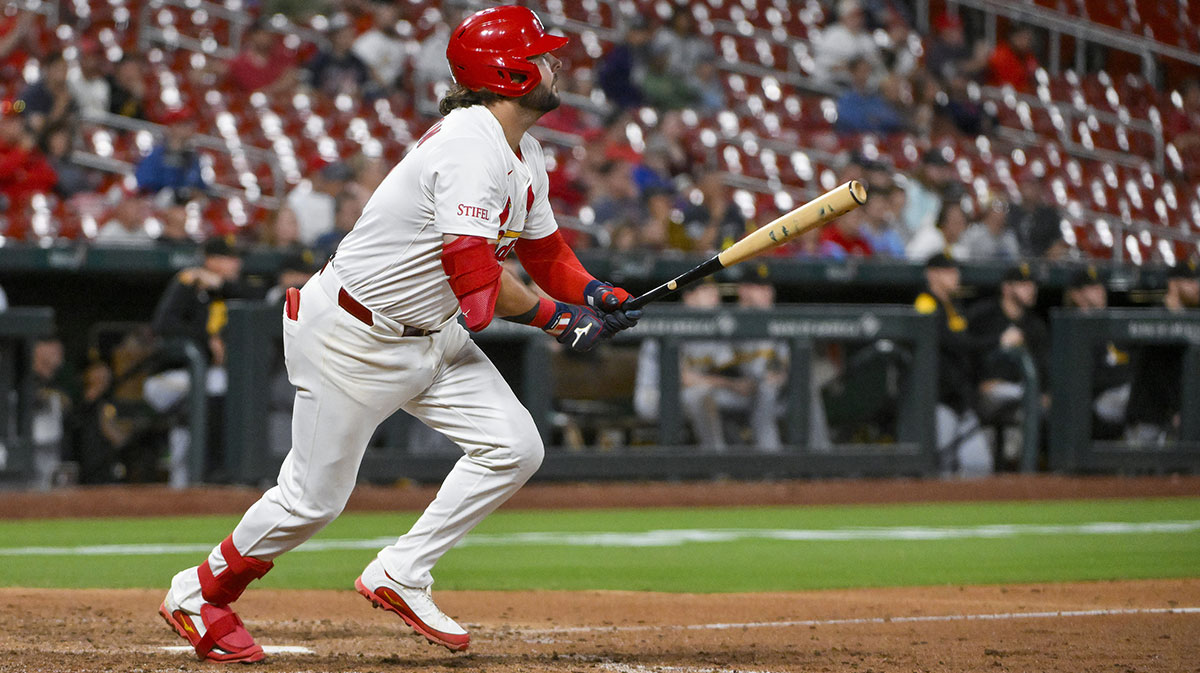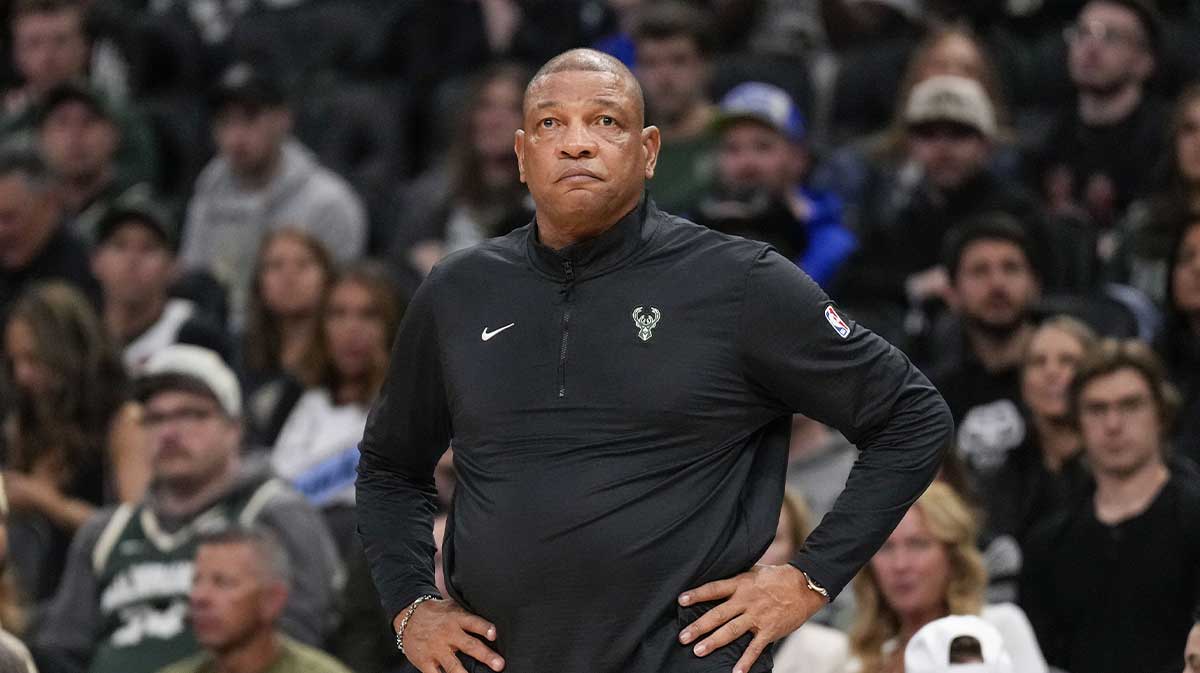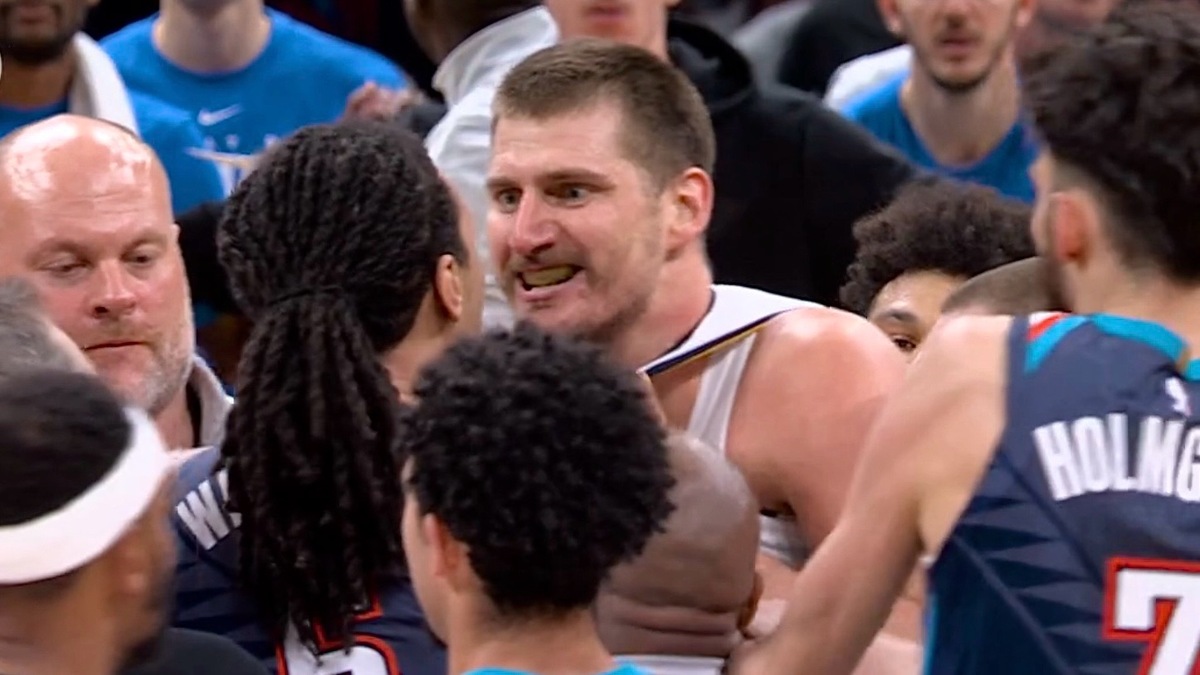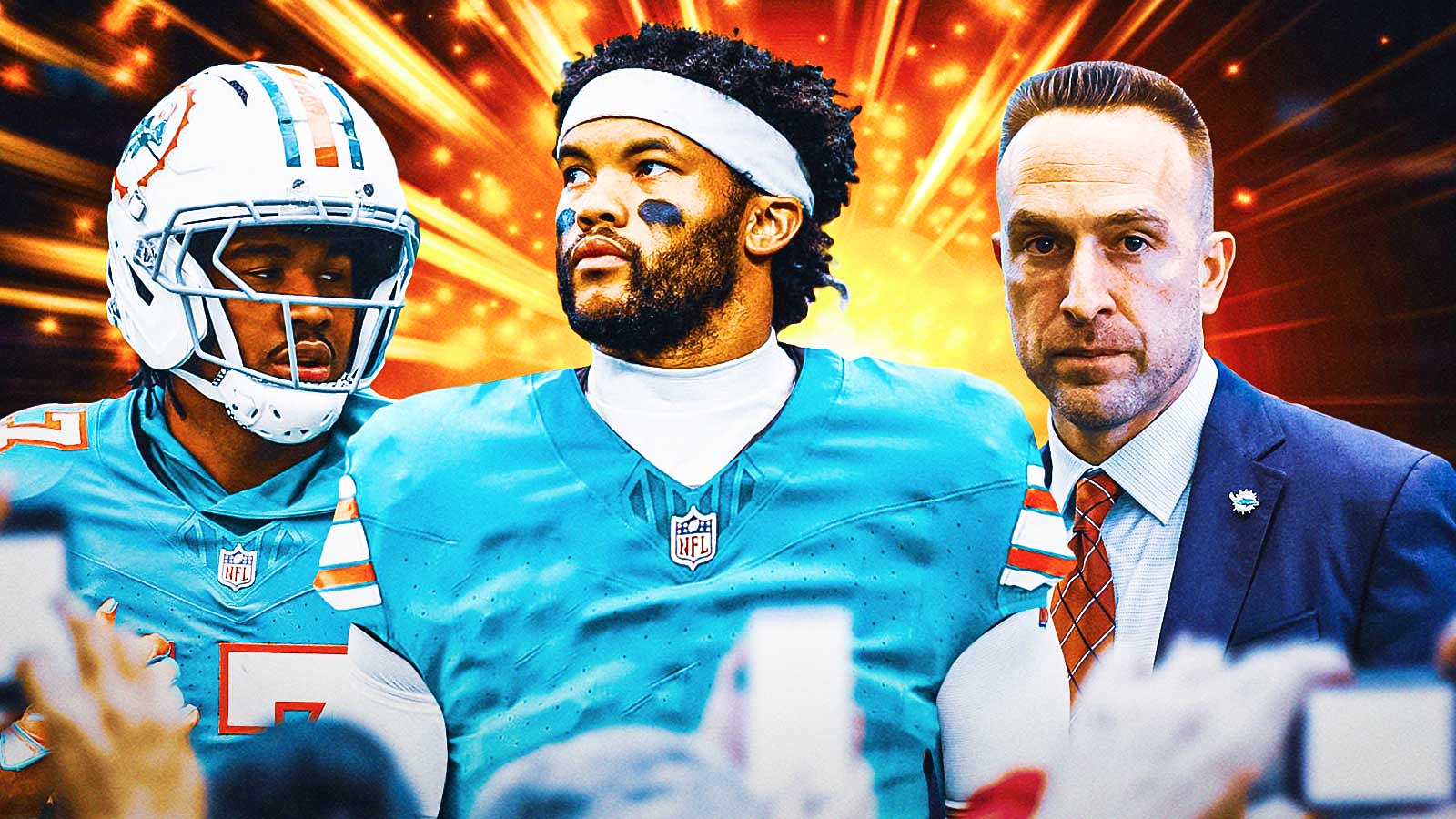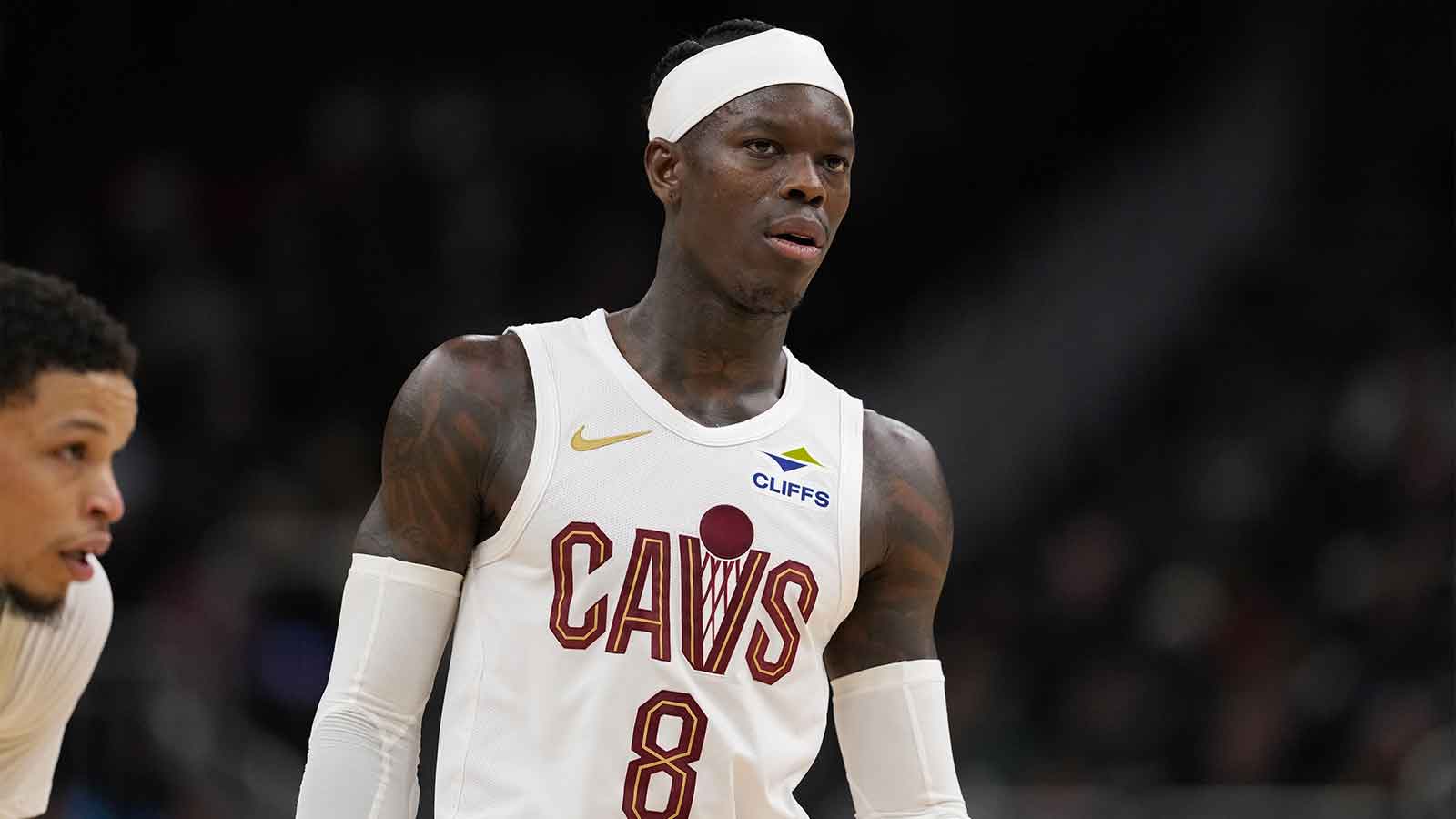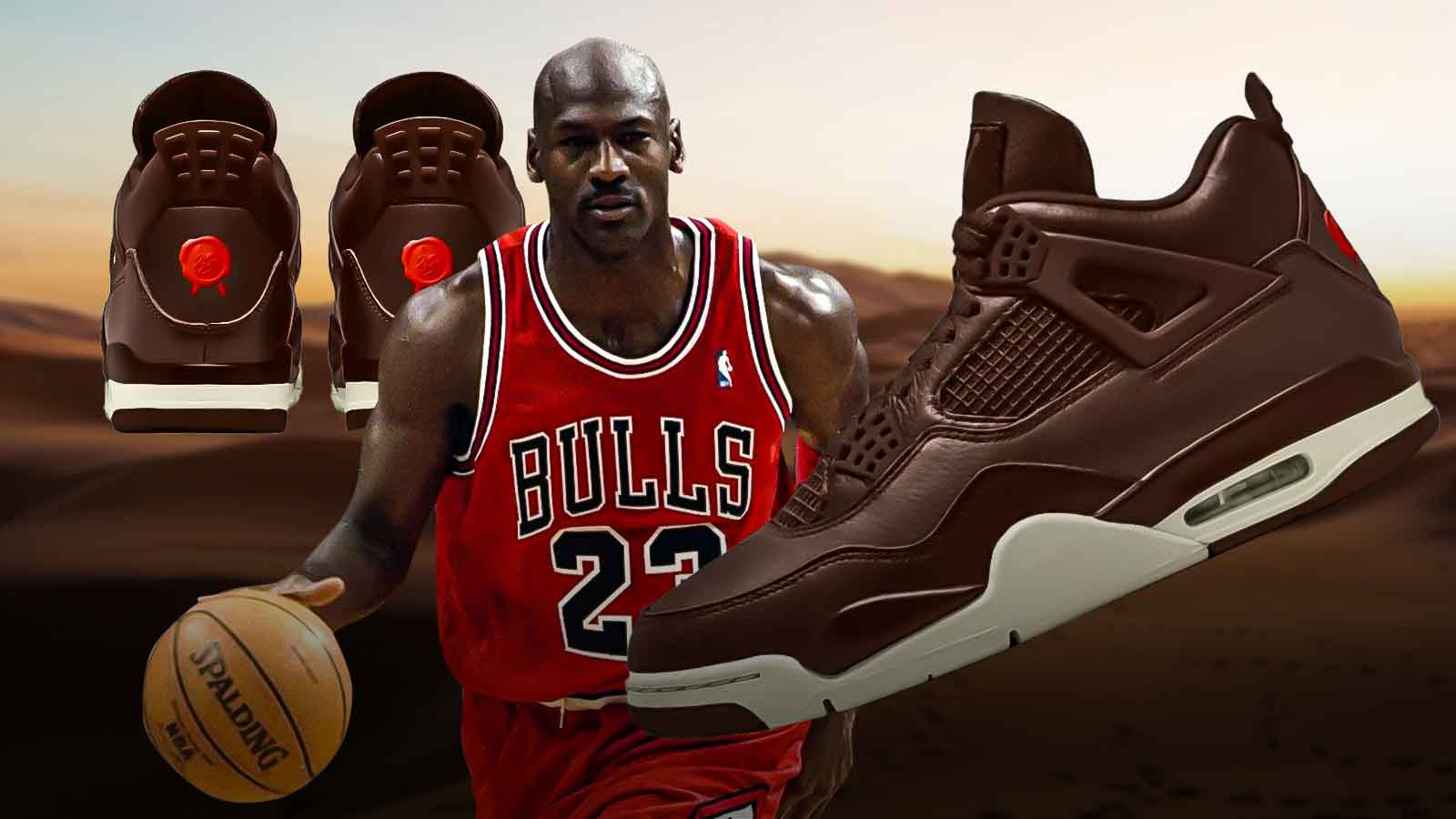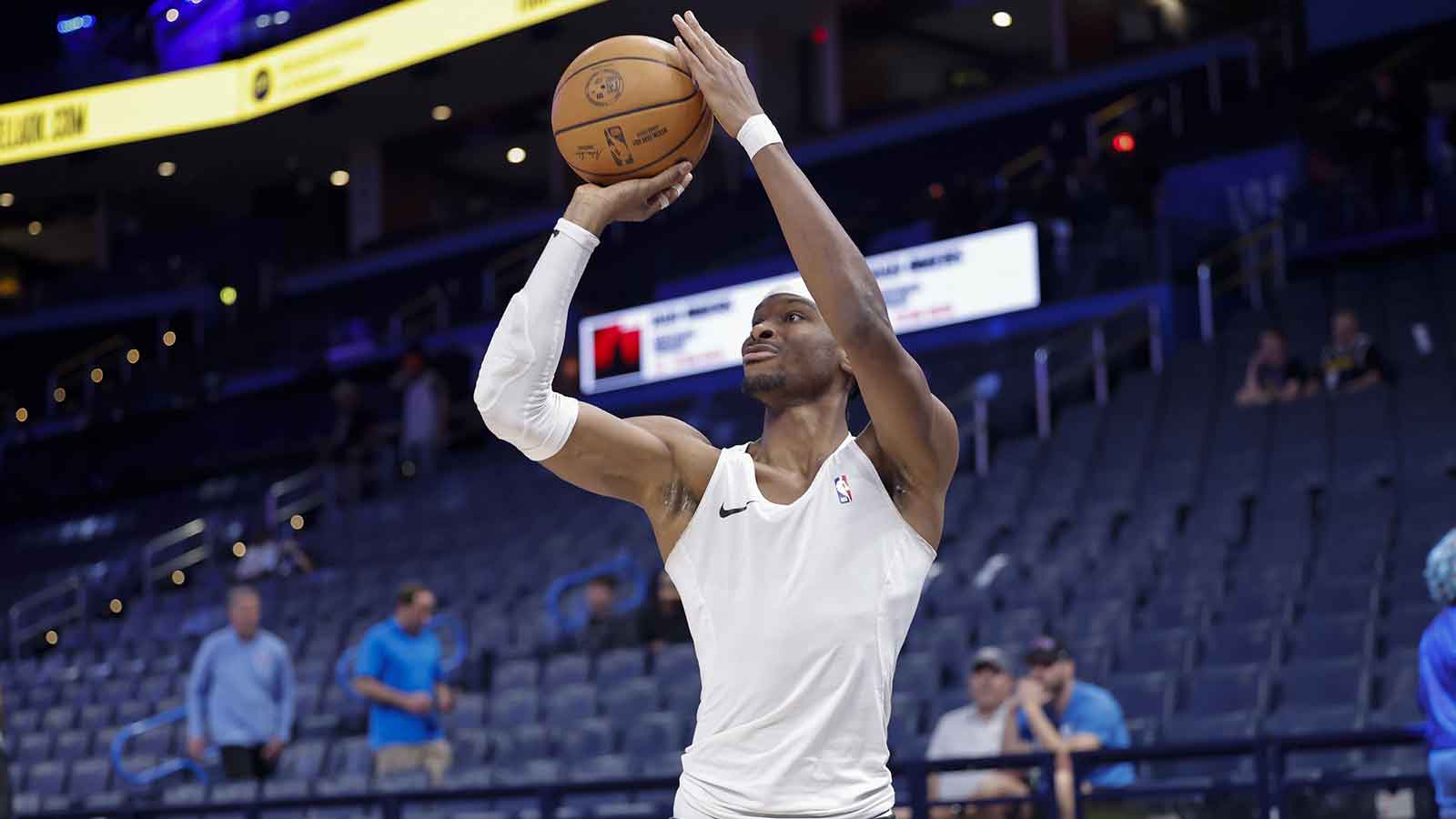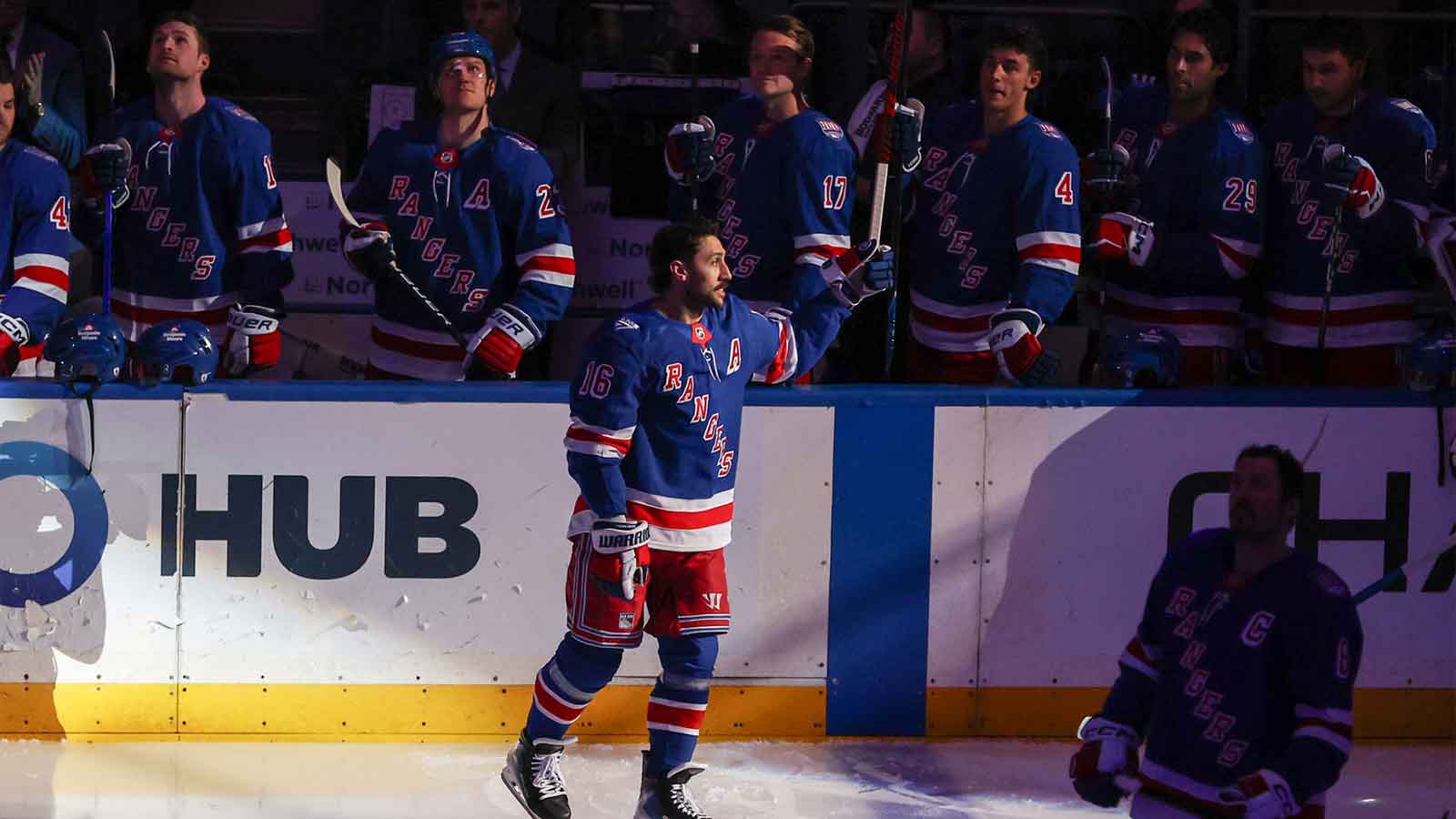Some great teams in NBA history excelled in the regular season but failed to get it done in the postseason. It doesn't mean they aren't worthy of being mentioned among the greats, but they won't find their way onto our list. The following teams have all won NBA championships spectacularly, and most have had some of the best regular seasons in league history. Without further ado, let's look at the 10 greatest NBA teams of all time, ranked.
Ranking the 10 greatest NBA teams of all time
10. 2012-13 Miami Heat
With all the hype surrounding the super team in Miami, you would think that they would have put forth an effort that ranked higher on this list. However, despite some NBA championships, the Heat's reign was a bit overhyped. They had won the NBA title in 2012 and were looking to become a back-to-back champion for the first time since Kobe Bryant and the Los Angeles Lakers. The Big 3 of LeBron James, Dwayne Wade, and Chris Bosh needed one more piece to become a top-10 team of all time. They added Ray Allen, who made 41.9 percent of his 3-pointers. The Heat went on to a 66-16 record, while James led the team in points, rebounds and assists.
The Heat won eight of nine games, beating Milwaukee and Chicago in the first two rounds. They were almost upset by the Indiana Pacers in the Eastern Conference Finals but won in seven. A 32-point performance by James led the Heat to an NBA Finals matchup with the San Antonio Spurs. The Spurs led the series after five games and were a Ray Allen 3-pointer in the dying seconds of Game 6 away from winning the title. However, the Heat went on to win in overtime and finished the job in Game 7 to win their second title in a row.
9. 1982-83 Philadelphia 76ers
The 76ers were famous for getting to the finals but coming up short. They lost to the Portland Trail Blazers and promised fans they'd win the following season. Instead, they lost to the Los Angeles Lakers twice in the finals. People assumed Julius Erving wasn't meant to win a championship until the team went out and acquired Moses Malone to help him.
Malone and Erving were joined by Maurice Cheeks, Andrew Toney, and Bobby Jones. The 76ers dominated the Atlantic division and won a league-high 65 games. Malone's rallying cry going into the postseason was “Fo-fo-fo,” meaning they were about to sweep their way to a title.
They took the first series in four games over the New York Knicks but took a loss against the Milwaukee Bucks in the East Finals to win in five games. They had a date with destiny in the Finals, facing the Los Angeles Lakers for a third time in four years. The 76ers weren't going to go down a third time, sweeping the Lakers in four games and winning Dr. J his only NBA title.
8. 2000-01 Los Angeles Lakers
Regular-season output doesn't do justice to what it could have been for the Lakers this season. They battled injuries to starting point guard Derek Fisher, who missed most of the regular season. Kobe Bryant and Shaquille O'Neal were starting to butt heads, and it took psychological mastery for Phil Jackson to get the two back on track.
They also had to integrate Horace Grant and Isaiah Rider. At the end of the year, the Lakers finished with a 56-26 record and weren't even the best team in their conference. However, the team won eight straight to finish the regular season and set the table for one of the best postseasons in history.
They started the playoffs with sweeps over the Portland Trail Blazers and Sacramento Kings. The Western Conference Finals would be their toughest test as they faced the league-leading San Antonio Spurs. The Lakers ran through them, pulling off another sweep and heading to the finals against the underdog Philadelphia 76ers. The Lakers may have taken the 76ers too lightly, as they dropped the first game in the Finals after a huge 48-point performance by Allen Iverson. Los Angeles then won the next four games, going 16-1 in the postseason and 24-1 combined to end the season.
7. 1986-87 Los Angeles Lakers
The Lakers were already three-time champions since Magic Johnson's career began. His rivalry with Larry Bird and the Boston Celtics was a big motivator for Magic. The previous year, the Celtics also won their third title of the decade, and the Lakers missed out on their first finals in five years.
The Lakers were ready to return to their place at the top of the NBA, and their focus was evident from the start. Magic earned his first regular-season MVP, averaging 23.9 points, 12.2 assists, 6.3 rebounds, and 1.7 steals per game. His sidekick, Kareem Abdul-Jabbar, began to fall off at 39 but still averaged 17.5 points per game.
The team also featured names such as James Worthy, Byron Scott, AC Green, Michael Cooper, Mychal Thompson (whose son features later on the list), and Kurt Rambis. They were also coached by one of the greatest of all time, Pat Riley.
The team won 21 of 22 in March and April, pacing them to a 65-17 record. They were 10 games clear of the rest of the Western Conference and showed it by going 11-1 through the West playoffs. They were slated for one more matchup with the Celtics in the Finals, winning it in six games. Magic Johnson won another Finals MVP, and Kareem put forth a vintage performance in Game 6, scoring 32 points.
6. 1990-91 Chicago Bulls
The main parts of the Chicago Bulls were there for all six titles in the 1990s, but the first title season is worth acknowledging. Michael Jordan's takeover of the league from Larry Bird and Magic Johnson was almost complete. The only thing Jordan was missing was some success in the playoffs. He ran into the tough Detroit Pistons two seasons in a row. Isiah Thomas was Jordan's hated rival, and he went into the 1990 offseason determined to be ready for the following season.
Scottie Pippen's emergence as an all-star helped as he averaged 17.8 points, 7.3 rebounds, 6.2 assists, and 2.4 steals per game. Jordan posted his lowest ppg in five years, which was still 31.5, but he was settling into a more team-first game. Horace Grant, Bill Cartwright, BJ Armstrong, and John Paxson all fit into supplementary roles.
The team finished with a 61-21 record but had their sights set on the main prize. The Bulls took down all the Eastern Conference giants on their way to the finals, beating the New York Knicks, Philadelphia 76ers, and finally the Detroit Pistons. They ended it by beating Magic Johnson and the Showtime Lakers, as Jordan staked his claim as king of the NBA, a crown he wore for the next eight years when he wasn't playing baseball.
5. 1985-86 Boston Celtics
Larry Bird won his third and final MVP in 1986, averaging 25.8 points, 9.8 rebounds, 6.8 assists, and 2.0 steals per game. It was arguably Larry's best season, and as he went, the team went, as the Celtics also put in their best team effort. Kevin McHale was also a force in the frontcourt, averaging 21.3 points and 8.1 rebounds per game.
He was joined up front by Robert Parrish, who averaged 16.1 points per game and 9.5 rebounds per game, and future hall of fame Bill Walton, who was chasing a ring at the end of his career. The backcourt of Dennis Johnson and Danny Ainge excelled at scoring and defense, filling the needed roles.
The Celtics got out to a 17-3 start, went on a 13-game win streak in the winter, and finished the season with a 14-game winning streak. The ability to string wins together would serve them well in the playoffs. They were 11-1 through the first three rounds and prepared to face off against their rivals, the Los Angeles Lakers. Hakeem Olajuwon and the Houston Rockets upset the Lakers in the West finals but then fell in six games to the Celtics.
4. 1970-71 Milwaukee Bucks
Kareem Abdul-Jabbar's dominance in this season's run often overshadows how good of a team they were. In just his second NBA season, Kareem won his first MVP, averaging 31.7 points, 16.0 rebounds, and 3.3 assists. This was the coming-out party for Abdul-Jabbar as a top-five NBA player of all time.
He had a fellow legend with him for the run, as an aging Oscar Robertson averaged 19.4 points, 8.2 assists, and 5.7 rebounds. Jon McGlocklin and Greg Smith also averaged double figures, and all-star Bob Dandridge averaged 18.4 points, 8.0 rebounds, and 3.5 assists.
The Bucks posted the best single-season simple rating of all time in the regular season, posting a 66-16 record. They followed up the historic regular season with a 12-2 record in the postseason, outscoring their opponents by 10.8 points per 100 possessions.
3. 1971-72 Los Angeles Lakers
The Lakers went into the season with four future Hall-of-Famers. Wilt Chamberlain already had one title, but Jerry West, Gail Goodrich, and Elgin Baylor were hungry to win their first title. Baylor had been to the Finals eight years without a victory and unfortunately retired after nine games due to a lingering injury.
The Lakers still had plenty of talent and showed it with a 33-game winning streak. Goodrich and West were the anchors of the offense, averaging 25.9 and 25.8 points. West also had an NBA-leading 9.7 assists, while Chamberlain averaged a double-double with 19.2 points and 14.8 rebounds per game.
The Lakers winning the championship was never in doubt, as they rolled to a 12-3 record in the postseason. They outscored their opponents by 10.5 points per 100 possessions, the seventh-best playoff net rating ever.
2. 2016-17 Golden State Warriors
The 2016-17 Golden State Warriors make a case to be the best of all time, but on paper, they were supposed to be. They deserve credit for taking on the weight of expectations and performing under pressure. After the team acquired Kevin Durant, they were the odds-on favorite to win the title, the lowest odds ever for a team going into a season.
Most teams would need time to adapt to the “super team” atmosphere, but the Warriors settled in. Many questioned if they could share the ball enough. “There's only one ball.” But the Warriors put their egos aside for the greater good. Stephen Curry, Klay Thompson, and Kevin Durant each averaged over 22 points, and the team had the fourth-best simple rating system in history. They finished the year with a 67-15 record, but saved their best for the playoffs.
The team swept the first three series against Portland, Utah, and San Antonio, then dropped Game 4 of the Finals against the Cavaliers with a chance to sweep the postseason. They finished the job at home in Game 5, capping a 16-1 run and the greatest postseason ever.
1. 1995-96 Chicago Bulls
The Bulls set a regular-season record with 72 wins, leading the NBA in offensive and defensive net rating. Some great teams come around that have a deficiency that their opponents can exploit, but these Bulls didn't have that. Of course, the team was led by Michael Jordan, who averaged 30.4 points, 6.6 rebounds, 4.3 assists, and 2.2 steals.
Before the load-management issues arose, Jordan's output was over 82 games, as he didn't miss a game all year. Scottie Pippen supported Jordan with 19.4 points, 6.4 rebounds, and 5.9 assists. Rounding out the team were Dennis Rodman, Tony Kukoc, and Steve Kerr, the future head coach of the second-best team of all-time.
In the playoffs, the Bulls were even more dominant, posting a 15-3 record but outscoring teams by 12.1 points per 100 possessions. It's hard to choose which Bulls team from their six titles was the best, but in terms of statistics and records, the '96 Bulls were the cream of the crop.

